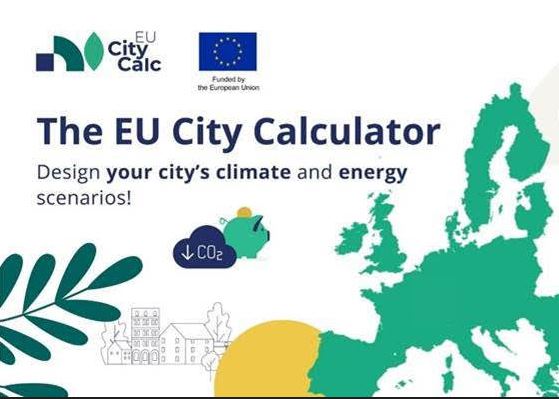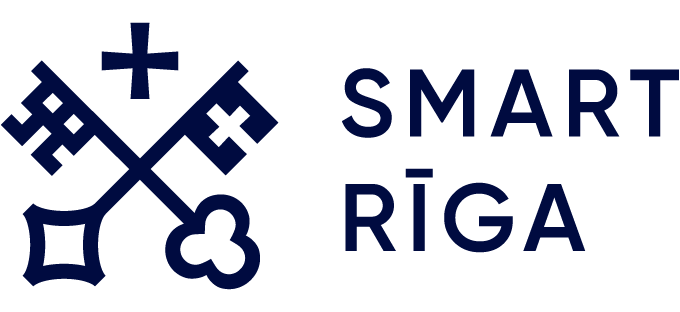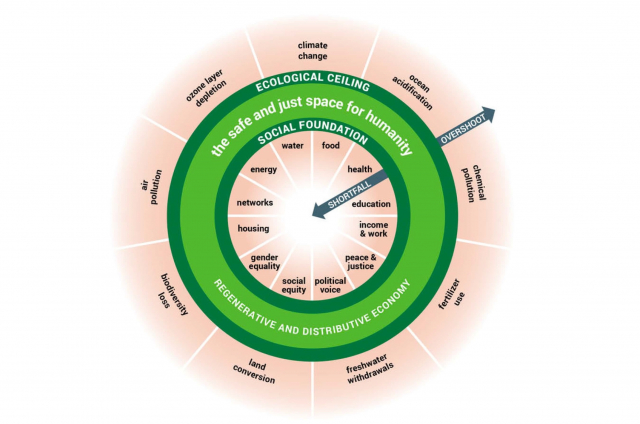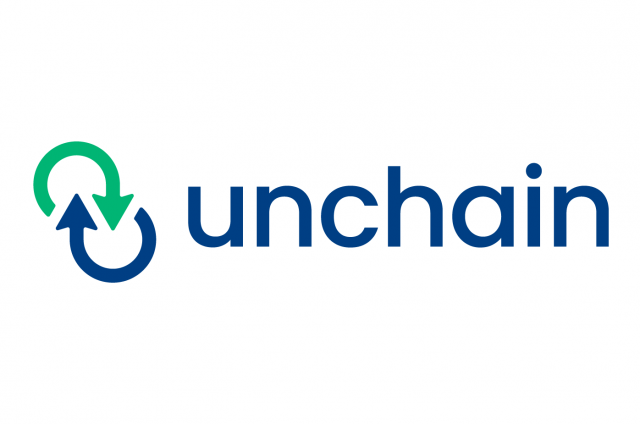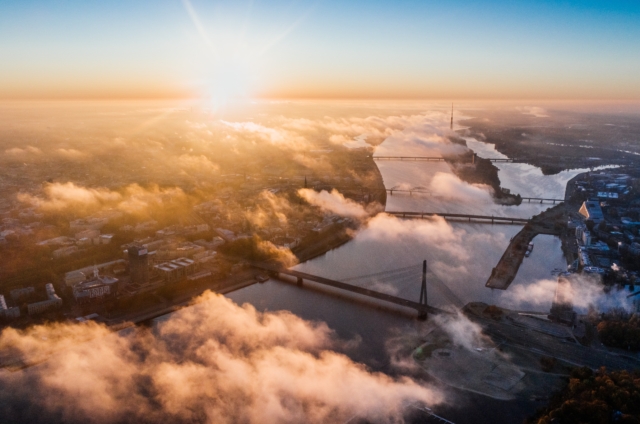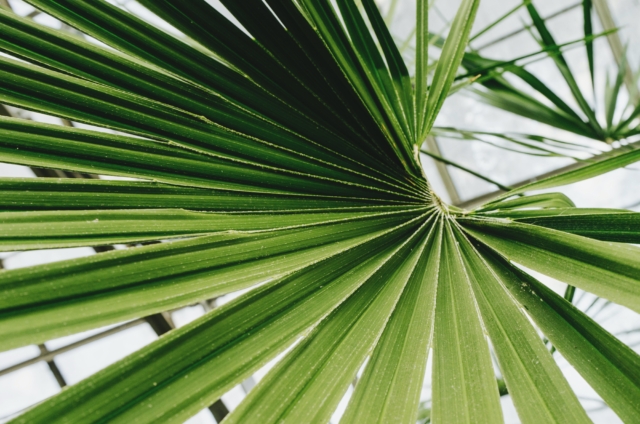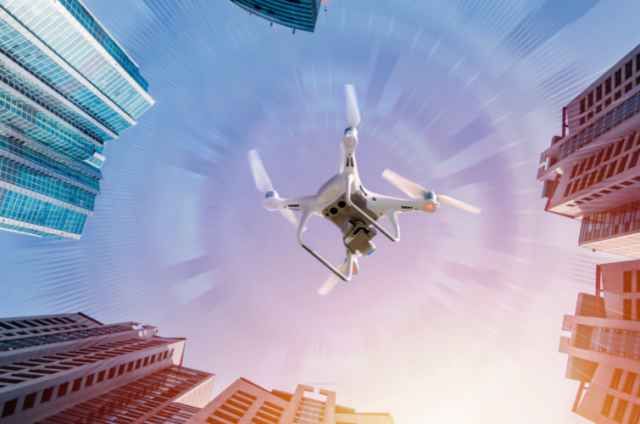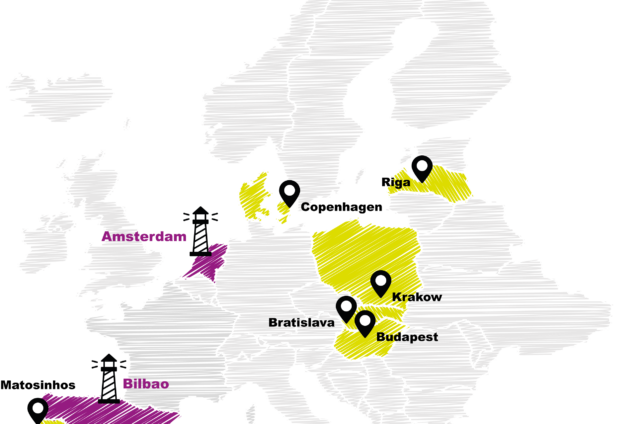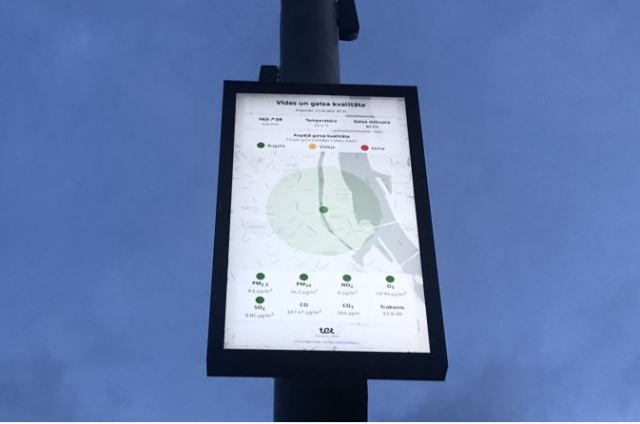LIFE LATEST adapt: Developing Nature Based and Smart Solutions for Improving Urban Climate Resilience in Riga
Status: Ongoing projects
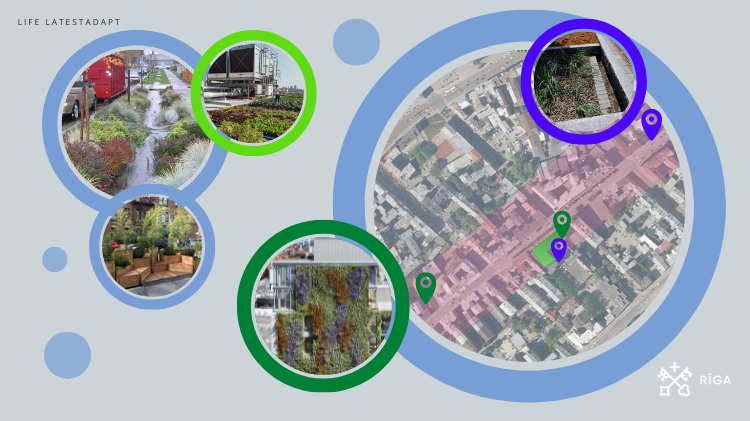
There is urgency of improving the climate resilience within territories of Baltic local governments, to solve practical urban climatecoping challenges as well as transform the regions to be more resilient in extreme weather events in future.
The overall objective of the project LIFE LATEST adapt is to increase resilience of Estonian and Latvian urban areas to extreme weather events, by focusing on 4 specific objectives:
– nature-based solutions
– digital change
– quality of planning
– engaged communities and skilled enablers
The project will develop and test a set of measures that will help to prevent and respond in case of pluvial flooding,i.e., flooding generated locally by an overload of the urban drainage system by extreme rainfall. The new high-potential plant communities will be composed, pluvial flood simulation model and integrated decision support system for mitigation measures will be developed and nature-based solutions (NBS) will be designed. These tools and solutions will be tested in 8 urban demonstration sites of Latvian and Estonian local governments.
The city of Riga will focus on greening, water collection and water infiltration in its designated pilot territory– Terbatas street. By finding the best ways to implement green infrastructure solutions in Terbatas street in Riga, these could not only be replicated on similar streets elsewhere, but it could also create a demonstrative model on how to adapt other sensitive world heritage sites to climate change.
In regard to greening, the solutions consist of an analysis and selection of indigenous and sustainable plant species, the application of appropriate green wall system on exterior facades with a total area of 400 m2, creation of a 300 m2 sustainable green roof through a novel system of pots or containers of simple integration on roofs, the implementation of sustainable and efficient green surfaces on sidewalks and common areas of buildings. The other green surfaces consist of deployment of 100 m2 green parklets in combination with 240 m2 of water permeable surfaces and bioswales. Rainwater collection, filtration and reuse will be based on creating 700 m2 rain gardens integration of the previously mentioned 240 m2 water permeable cover on sidewalks and bioswales that divide the road and the sidewalk. The rain gardens will become green oases in the otherwise stony area in order to relieve the sewerage system in this densely built-up area.
Project partners
Viimsi municipality, Voru city municipality; Tallinn University of Technology; Baltic Environmental Forum Estonia; Nordic Botanical Ltd.; Haapsalu city municipality; Rakvere city municipality; Narva city/ Architecture and town planning bureau; Rīga city council; Valmiera district municipality; Cēsis district municipality; Ministry of Environmental Protection and Regional Development of the Republic of Latvia; Rīga Technical University; Institute for Environmental Solutions; Baltic Coasts
Funding
Funded by European Union LIFE programme, Latvian State Regional Development Agency and Ministry of the Environment, Republic of Estonia
Overall Project budget is 5 144 488 EUR, for Riga – 532 133 EUR.
Project Duration
01/09/2022 – 31/08/2027
Related Projects
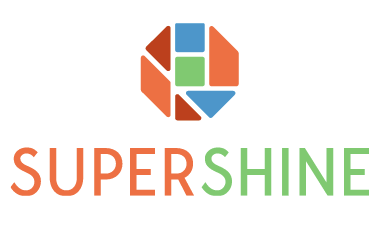
SUPERSHINE: Empowering communities, tackling energy poverty through social housing renovation
Read more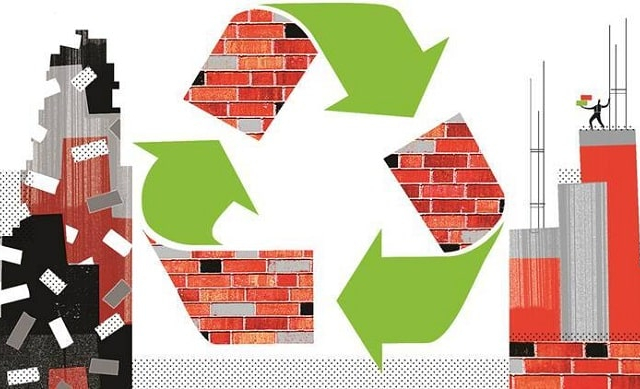
CURE+ Educating municipalities on circular economy practices and fostering its uptake to reduce household-related construction and demolition waste
Read more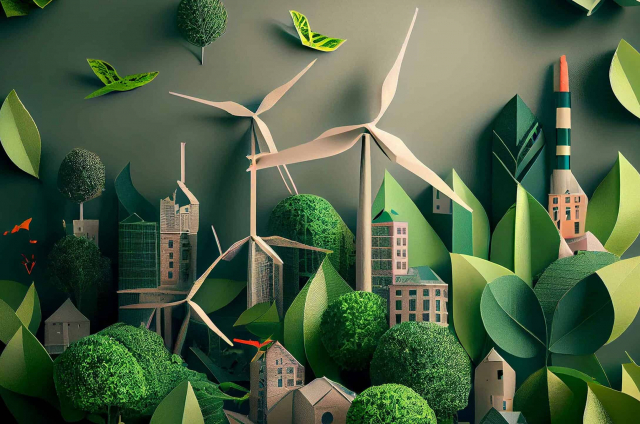
CommitClimate: Towards Energy Transition and Climate Neutrality in the Baltic Sea Region Municipalities
Read more